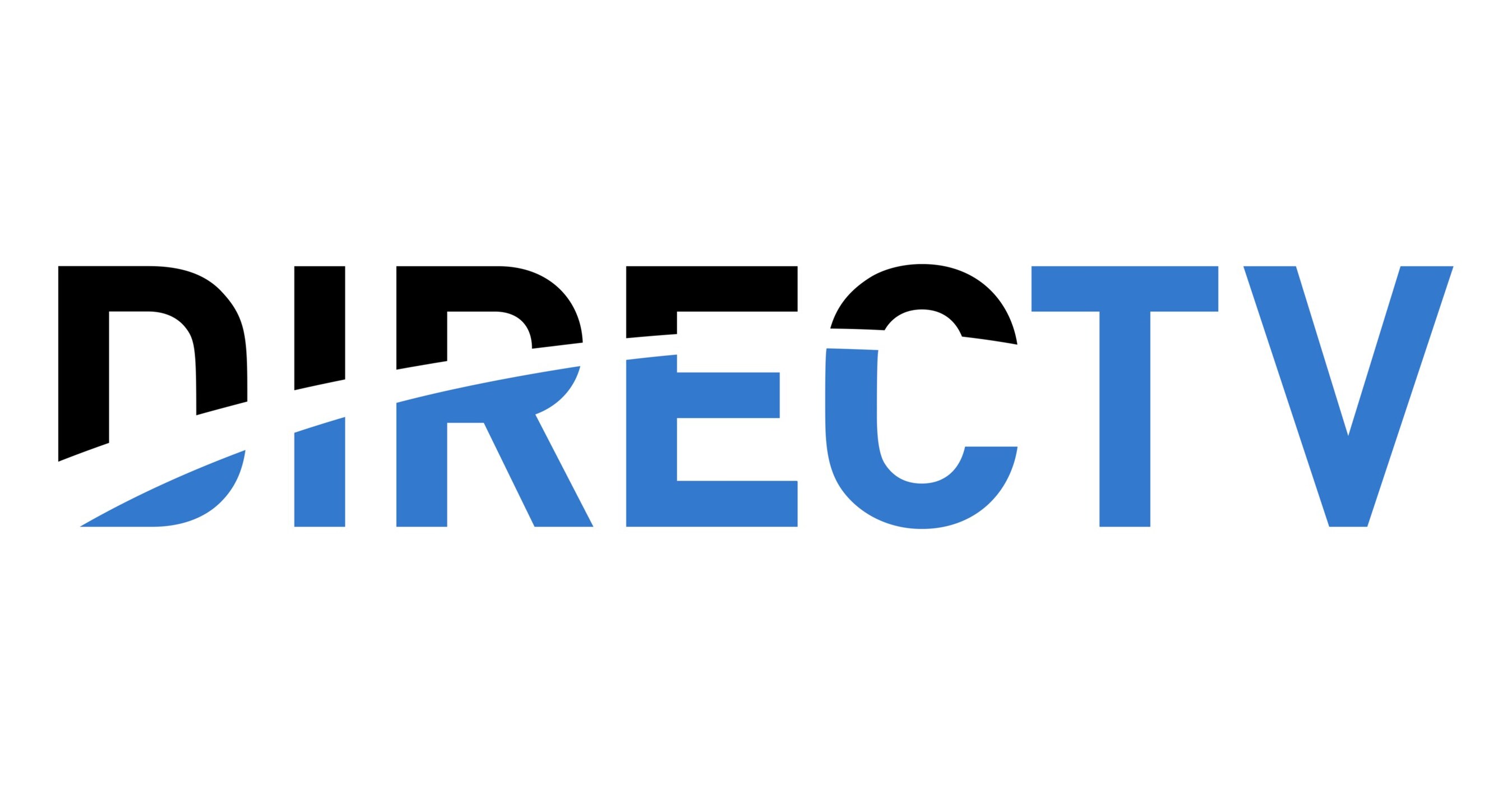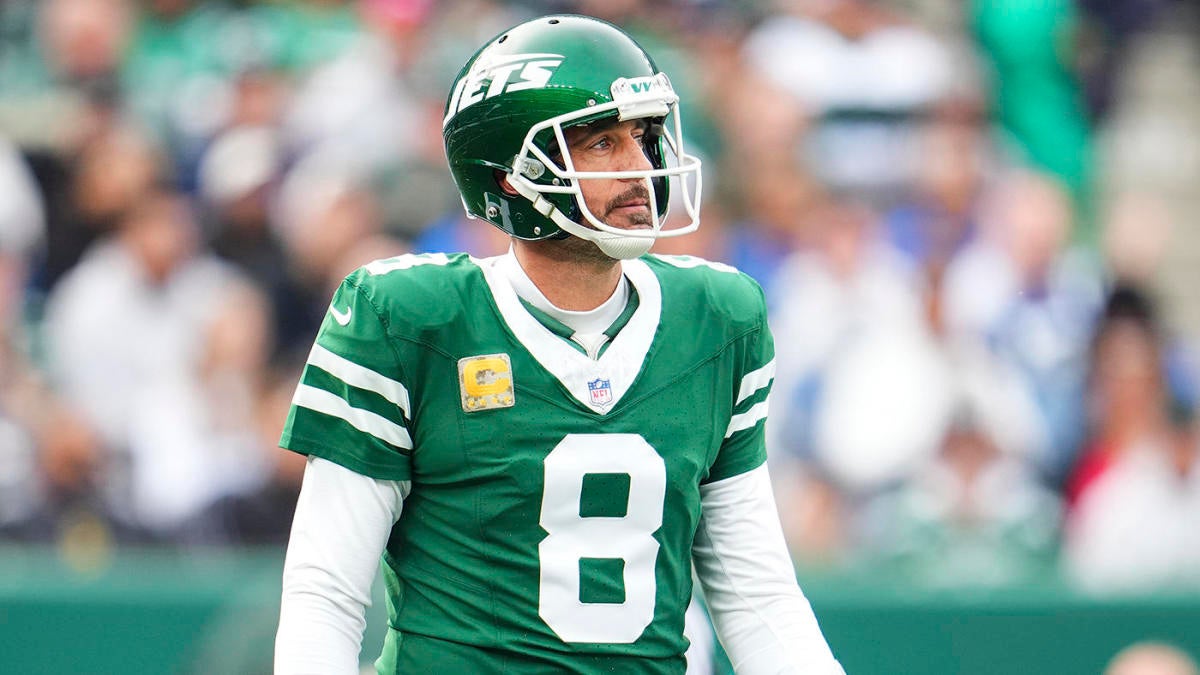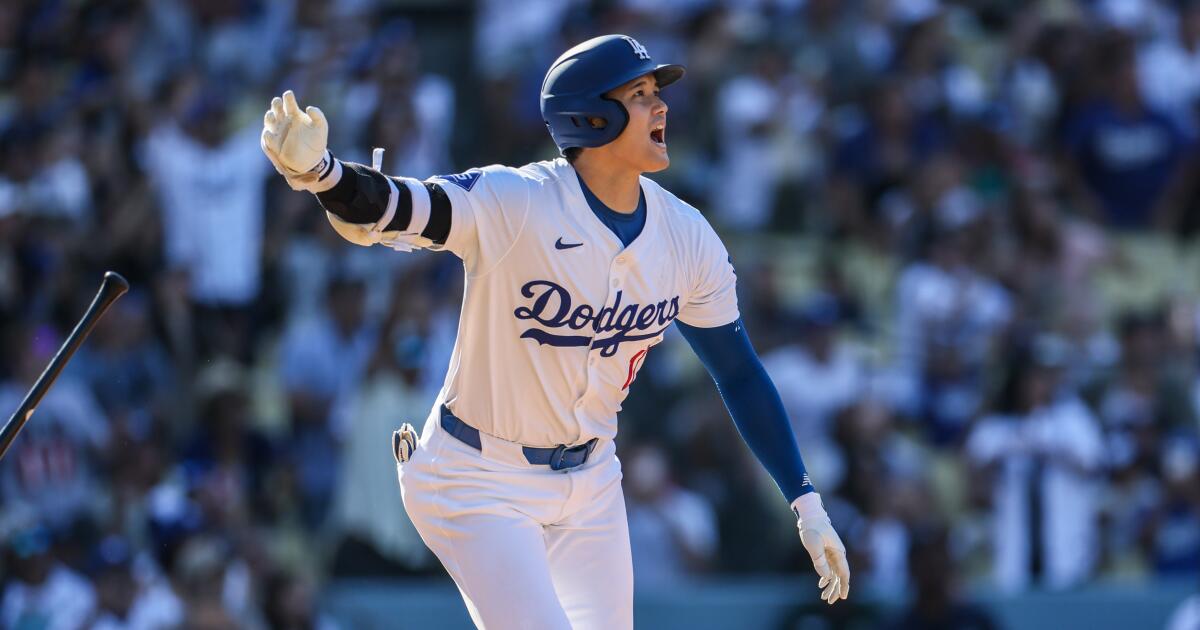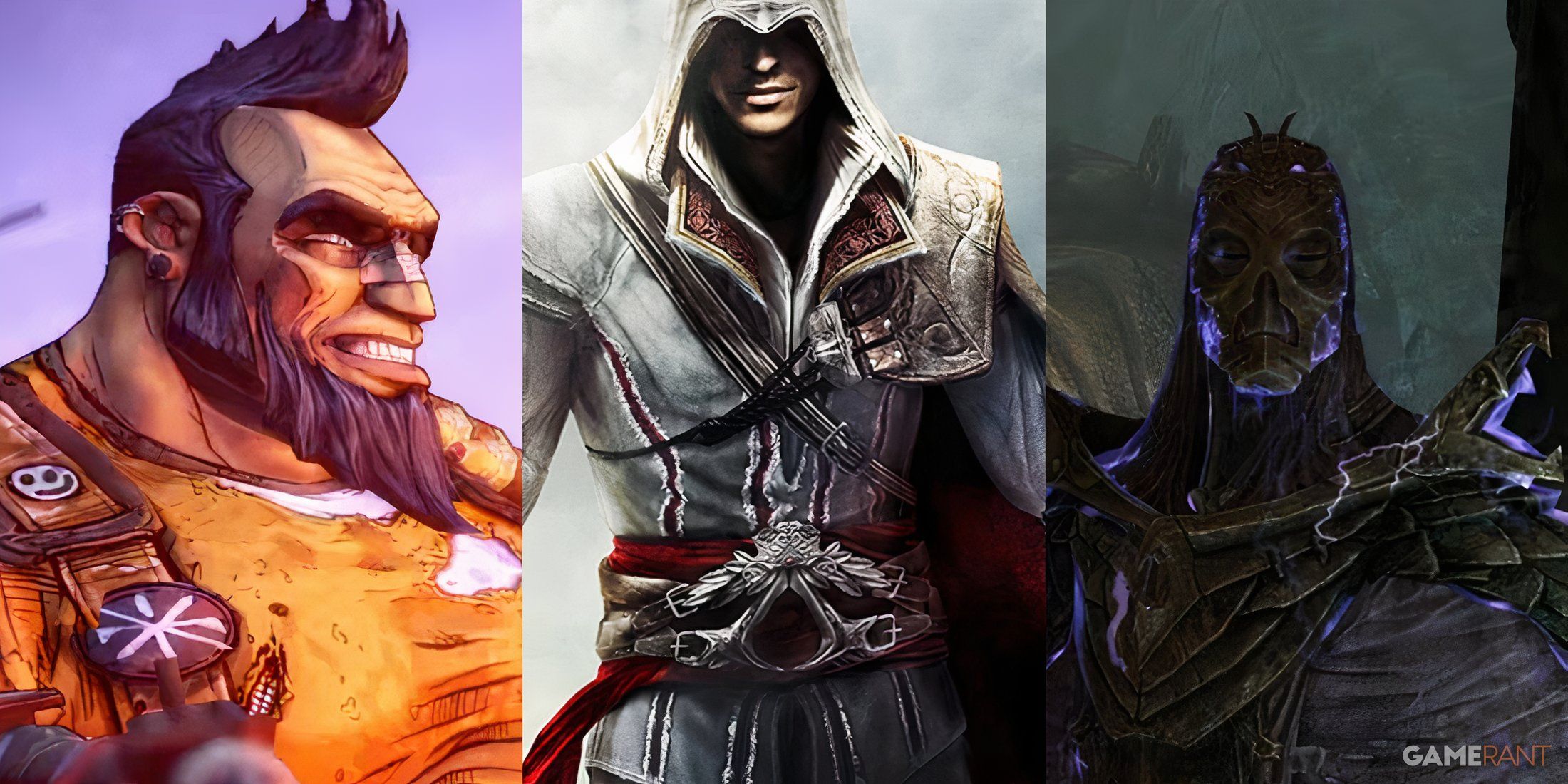Bussiness
WBD scored a crucial cable deal — by making HBO free for millions of people
Warner Bros. Discovery just got a much-needed win — with a significant catch.
The troubled media conglomerate has signed a deal with Charter, one of the biggest pay-TV distributors in the country, that will keep all of WBD’s cable channels, including TNT and Discovery, on Charter’s system.
That’s a surprise for two reasons. For starters, Charter and WBD’s existing deal isn’t set to expire for a year. More important: Since WBD looks likely to lose its rights to carry the NBA, observers expected WBD to have a difficult time getting pay-TV operators to carry its channels — or at least play real hardball when it came to price, since WBD was losing valuable programming.
But this early deal has a wrinkle. To make it happen, WBD had to make a significant concession: It will let Charter provide the ad-supported version of its Max streaming service — the thing most people used to call HBO — for free to most of Charter’s subscribers.
Charter will end up paying WBD for the right to give away Max with ads (as well as Discovery+, WBD’s much-less-popular streamer), which sells for $10 a month. So WBD isn’t exactly giving Max away. But by making a version of Max free to millions of Charter subscribers, WBD is basically inviting existing Charter/Max subscribers to trade down.
The deal shows how much pressure both TV networks and pay-TV distributors are under to get deals done while there’s still time to keep doing deals. Because it looks like the bottom is falling out of the pay-TV ecosystem.
And WBD is under specific pressure: Many investors think the company — a mashup of Discovery and the company formerly known as Time Warner — is structurally screwed, which is why its stock price has collapsed in the last couple of years.
Earlier this summer, WBD acknowledged some of those concerns by taking a $9 billion writedown. Things got worse last month, when the new sports streamer it backed failed to launch.
The deal is also quite similar to one Charter reached with Disney a year ago, where Disney agreed to let Charter give away an ad-supported version of Disney+, along with ESPN+, in exchange for continuing to distribute many of its traditional cable networks.
Analysts called that deal a win for Charter. But this time around, LightShed analyst Rich Greenfield calls the deal a “victory” for WBD, given the weakened position of its cable channels.
“Nobody had faith in Zaslav/WBD to get a Charter deal done, especially a deal that was not even up for an entire year,” he writes.
It’s worth noting, Greenfield adds, that investor John Malone is on both sides of this deal, with meaningful stakes in both companies. (Earlier this year, Malone stepped down from the WBD board after prodding from US regulators.)
The timing of the deal is fascinating. It came as WBD and Comcast, another of the country’s biggest pay-TV distributors, are talking about a new deal to replace one that expires at the end of the year. Meanwhile, DirecTV and Disney are battling in a standoff that has taken Disney’s channels away from DirectTV’s 11 million subscribers.
Speaking of timing: WBD CEO David Zaslav is speaking at Goldman Sachs’ investor conference on Thursday. He’ll almost certainly end up talking about this one then.









